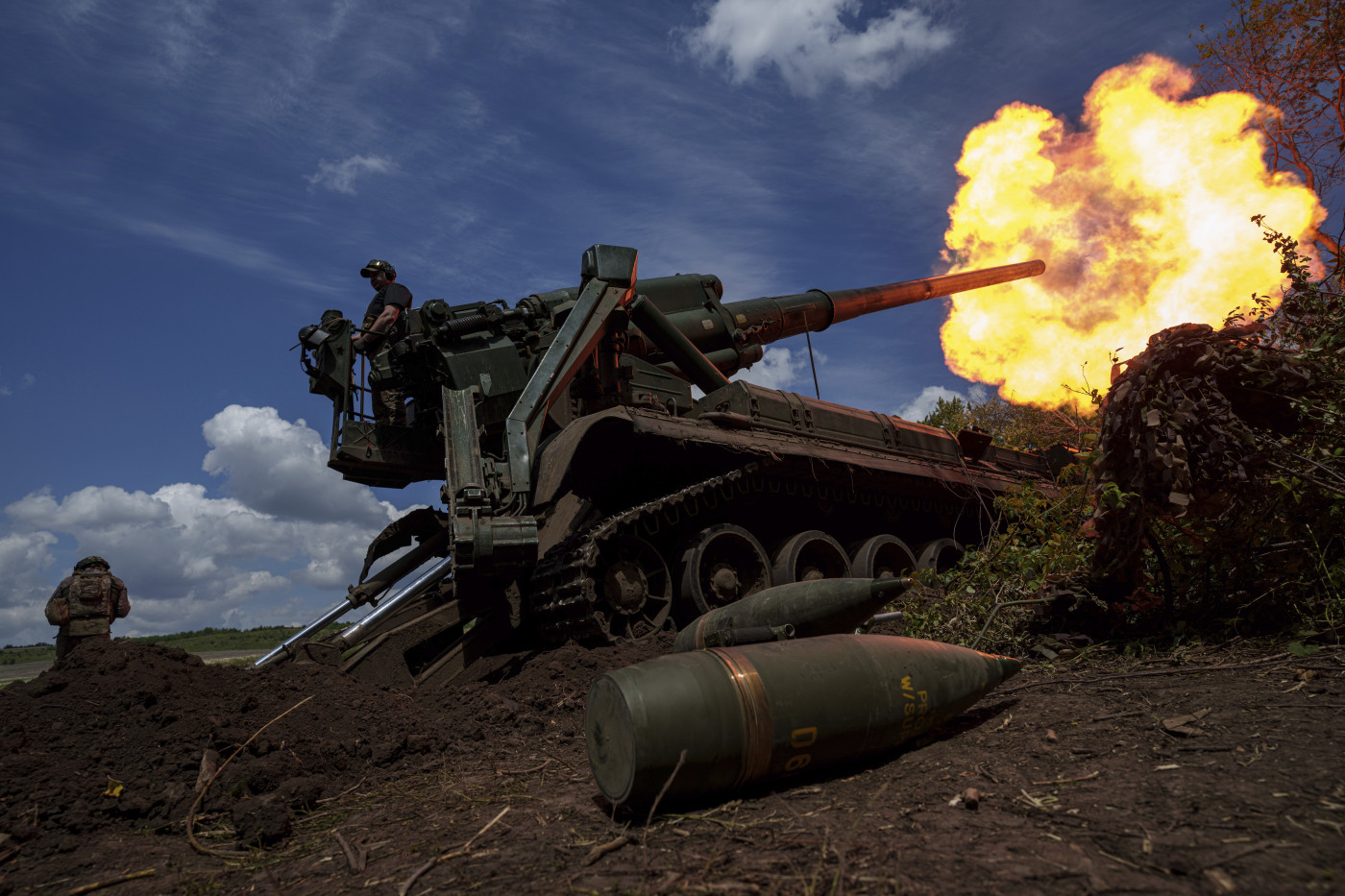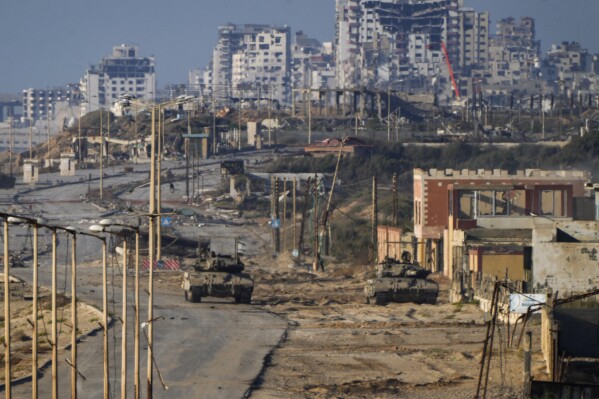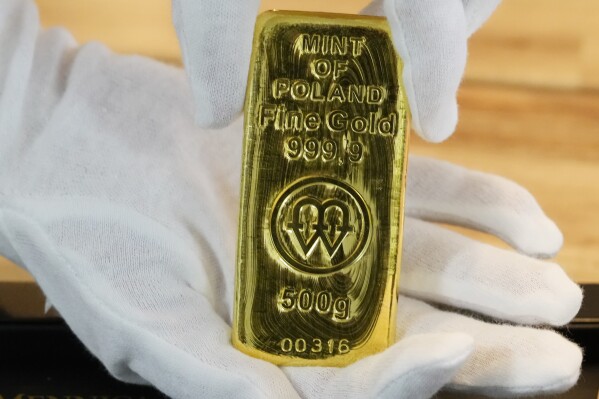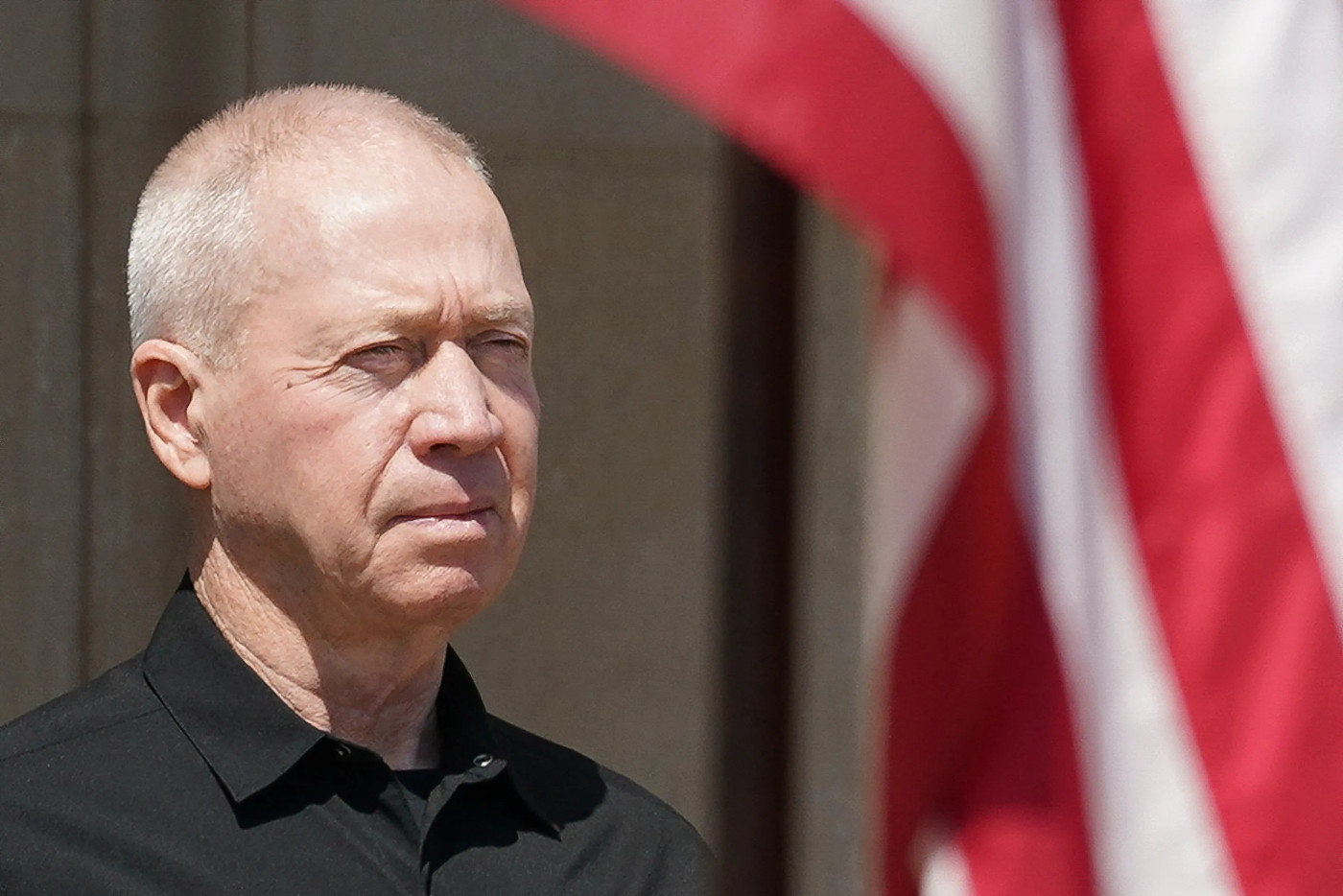Putin's Top Banker Issues Dire Warning on Economy: 'Ruination'
Moscow must find other ways to pay for exports or its sanctions-hit economy faces "ruination" one of President Vladimir Putin's top bankers has said, following moves by Chinese lenders to suspend transactions with Russian banks.
The comments by Vladimir Chistyukhin, the first deputy chairman of the Bank of Russia, come after a decision by the Russian division of the Bank of China to stop processing yuan payments with Russian banks sanctioned by the U.S.
ICBC, China CITIC Bank and most other Chinese banks have made similar moves, worried about falling foul of Western sanctions, which have been stepped up to choke off the funding for Putin's full-scale invasion of Ukraine.
Earlier this month, the U.S. and other countries unveiled a new wave of sanctions that targeted Russian financial institutions and entities and individuals who do business with them.
Speaking at the St. Petersburg International Legal Forum, Chistyukhin said Russia must develop any methods of payment to solve a growing problem with international transfers in the face of sanctions.
"You need to do everything to keep the wheels turning," he said, according to RBC, a business publication. "Everything needs to be tried," he continued, including things that "seemed unpopular to us yesterday." Chistyukhin suggested alternatives such as credit swaps and crypto currency. He said without ways to pay for products in "our export-dependent and import-dependent country—it would be just ruination."
Newsweek has contacted the Bank of Russia for comment via email.
The decision by the Bank of China may deliver a particular sting to Putin given the surge in trade between Russia and China, which hit $218.2 billion last year, cementing China's role as Moscow's ally and economic lifeline.
As Russia faces plummeting gas revenues, and oil sanctions are making it harder to sell its key export—although Moscow is still making money from it—China's role has increased as a key partner in handling the turbulence of sanctions.
"Russia can't develop new technologies in isolation, so it is counting on China's confrontation with the U.S. and the EU's weakness," said Boris Grozovski, an expert on Russia's economy, from the Wilson Center think tank in Washington, D.C.
"If geo-economic fragmentation increases, China will be more inclined to deal with Russia as one of its key allies," he told Newsweek. "If not, Russia will of course have big problems with the technology gap."
Grozovski said that at current oil prices, nothing would prevent Russia from spending between 8 and 10 percent or up to 40 percent of the national budget on the war.
"If the war were to end, the Russian economy would come to a sudden stop, leading to a crisis, if preparations for the next war were not made," he continued.
Western sanctions imposed since the start of the war have seen many large Russian banks halting transfers in dollars and euros and move to international settlements in currencies such as the yuan and Indian rupees.
Meanwhile, President Joe Biden's Executive Order 14114, which was issued in December, creates a new risk of secondary sanctions for Chinese financial institutions. Two months after Biden issued the order, Zhejiang Chouzhou Commercial Bank, the main Chinese bank used by Russian importers, stopped operations in Russia out of fear of breaking U.S.-led sanctions.
Earlier this month, the U.S. also sanctioned the Moscow Exchange and its subsidiaries, the National Clearing Center and the National Settlement Depository, effectively cutting them off from the global dollar system. The exchange announced an end to trading in U.S. dollars, euros and Hong Kong dollars.
Disclaimer: The copyright of this article belongs to the original author. Reposting this article is solely for the purpose of information dissemination and does not constitute any investment advice. If there is any infringement, please contact us immediately. We will make corrections or deletions as necessary. Thank you.




